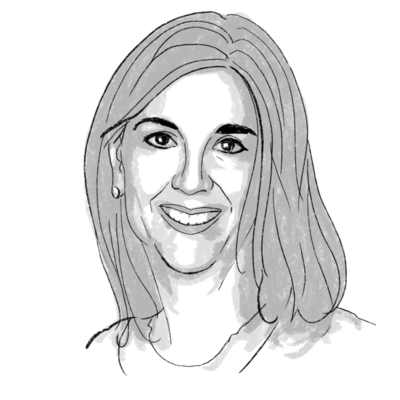Error loading media: File could not be played
00:0000:0000:00
00:00
 April Austin
April Austin
How does a protest song become an anthem? For Iranians entering a fifth week of demonstrations against the government, the song “Baraye” captures pent-up longing, frustration, and sadness.
“Baraye” was composed by a young Iranian singer, Shervin Hajipour, after the death in police custody of Mahsa Amini. Using tweets from protesters, Mr. Hajipour stitched together lyrics that unfold the hopes and dreams of the Iranian people – in their own words:
“For my sister, your sister, our sisters
For changing rusted minds.”
The song also reflects exhaustion with theocratic rule, gender inequality, economic sanctions, and lack of opportunity. The video of Mr. Hajipour singing “Baraye” went viral, racking up more than 40 million views on Instagram before authorities made him take it down. He was arrested Sept. 29 and briefly detained before being released on bail.
The message of “Baraye,” which means “for the sake of” in Farsi, is both particular and universal, says Christiane Karam, a professor at Berklee College of Music in Boston. She grew up in Lebanon during the civil war, and found refuge in her music. Now, at Berklee, she teaches a class in songwriting as social change.
“Music has that ability to cut through our defenses and go straight to our hearts,” she says in a phone interview. “It brings us to a place where we’re reminded of our shared humanity.”
Mr. Hajipour is “speaking his own truth,” she says. “And this is why it’s touching us so deeply. This is at the heart of any powerful and impactful song.”
Professor Karam isn’t alone in her admiration. “Baraye” garnered over 85% of the 127,000 submissions for a new Grammy special merit award, best song for social change, as of Oct. 13, according to the Recording Academy.
“This is how momentum is built,” she says. “A momentum for positive change and momentum where we all are reminded that we are all in this together.”

Our name is about honesty. The Monitor is owned by The Christian Science Church, and we’ve always been transparent about that.
The Church publishes the Monitor because it sees good journalism as vital to progress in the world. Since 1908, we’ve aimed “to injure no man, but to bless all mankind,” as our founder, Mary Baker Eddy, put it.
Here, you’ll find award-winning journalism not driven by commercial influences – a news organization that takes seriously its mission to uplift the world by seeking solutions and finding reasons for credible hope.
Explore values journalism About us